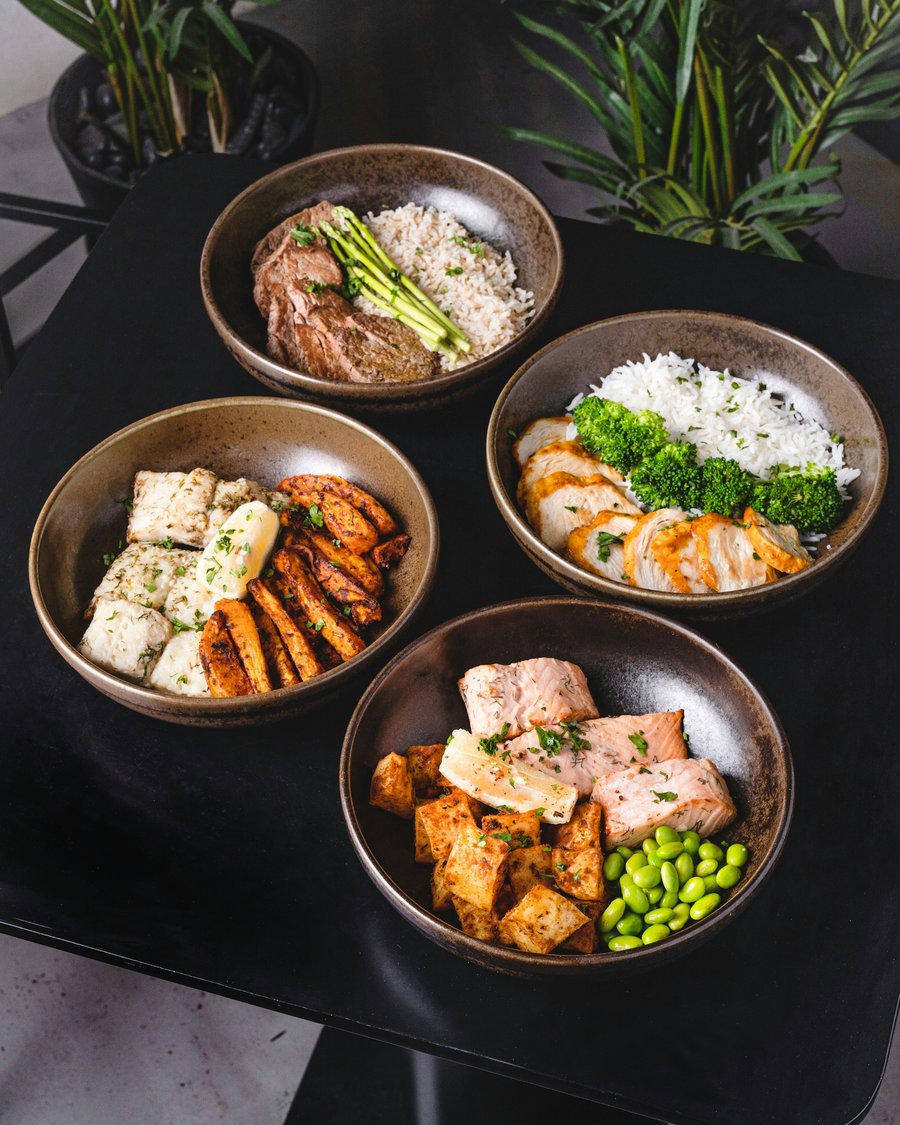What is vitamin B2?
Vitamin B2 (riboflavin) is a water-soluble vitamin and is essential for performance, the immune system, detoxification and cell protection. Vitamin B2 also plays an important role in gene activation, DNA repair and gene regulation.
Genetic variations can influence the absorption, metabolism or function of vitamin B2. Among other things, these can lead to a vitamin B2 deficiency and cause various deficiency symptoms.
A vitamin B2 deficiency can lead to reddening of the skin, dandruff, torn corners of the mouth, vision problems, conjunctivitis of the eyes, clouding of the lens of the eye, muscle weakness or severe fatigue. In severe cases, nerve damage and anemia can occur.
Examples of foods rich in vitamin B2:
| Food | Amount of vitamin B2 per 100g food |
|---|---|
| eggs | 0.4 mg |
| meat | 0.1 to 0.3 mg |
| Milk and dairy products | 0.1 - 0.6 mg |
| Wheat germ | 0.72 mg |
| Vegetables (broccoli) | 0.18 mg |

Good to know
Vitamin B2 has an intense yellow color, which is expressed in the name riboflavin (flavus: yellow). With an increased intake of vitamin B2, the urine can turn yellow-orange. This is a good sign and indicates a healthy metabolization of the vitamin.
![[Report Bild]](/static/reportImages/vitamin-b2.jpg)